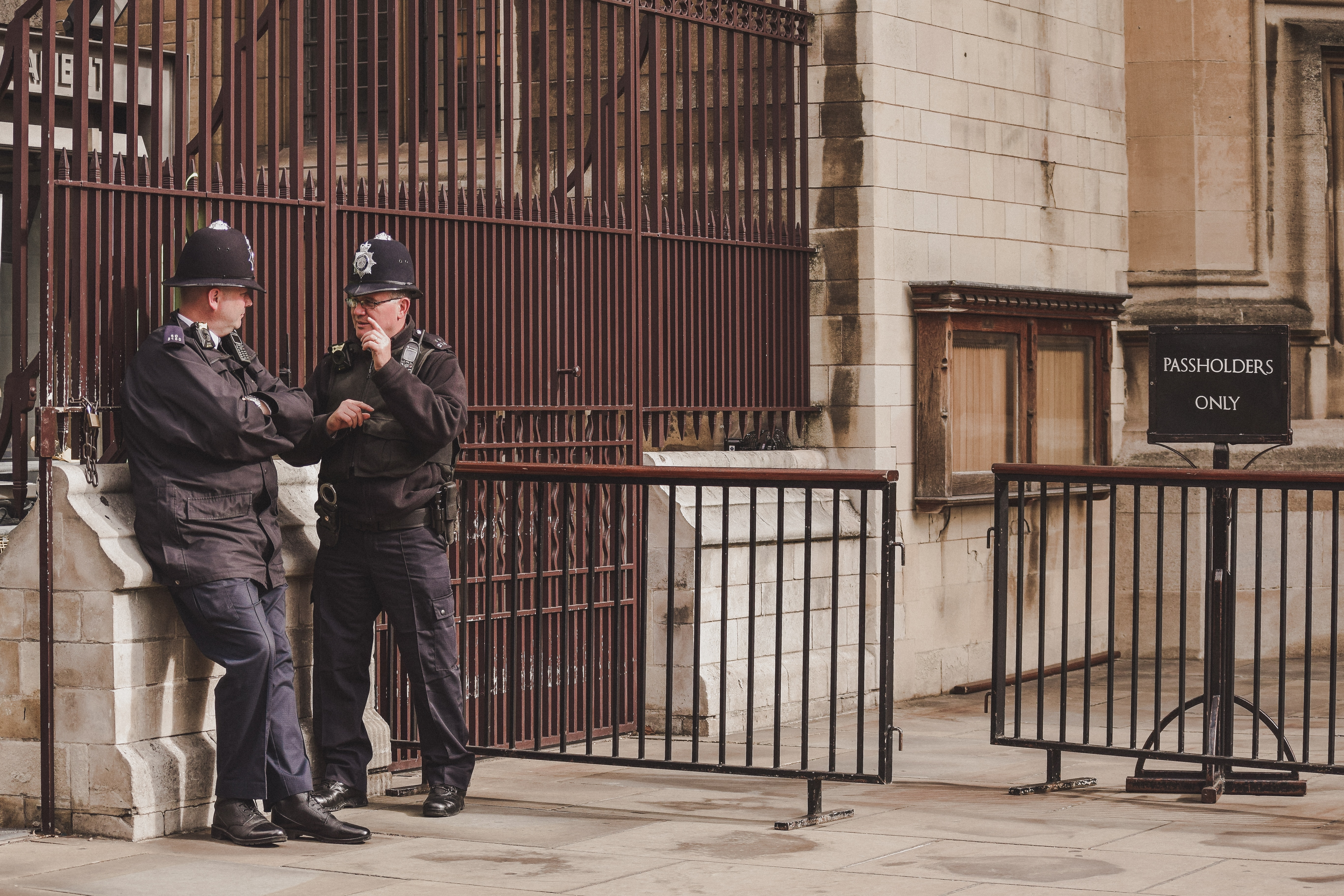Police Scotland failing to challenge bad behaviour – report

Misconduct is under-reported in Police Scotland and the force is failing to challenge unacceptable behaviour, a watchdog has warned.
A report by HM Inspectorate of Constabulary in Scotland (HMICS) also found trainee officers feel “ill-equipped” to deal with the the job.
It recognises continued budget pressures and a lack of investment.
But HMICS praised efforts to address “key workforce issues” as well as a focus on ethics and human rights.
The new report, HMICS Inspection of Organisational Culture within Police Scotland, warns of an unwillingness to challenge unacceptable behaviour and highlights a “blame culture” within the force.
Separately, it finds that the overall culture is improving and is “dramatically different” from the early days of the single force, which was created in 2013.
Police staff to be offered voluntary redundancy
Bigotry uncovered in review of Police Scotland
Women describe Police Scotland ‘boys club’ culture
However, morale was found to be especially low since former Chief Constable Sir Iain Livingstone made a statement in May on institutional discrimination and racism.
The report said the statement “left many feeling disempowered and disenchanted”.
Sir Iain retired from the force in August after six years in the post. His period in charge covered the Covid pandemic and national lockdowns, the COP26 climate conference and the Queen’s death.
He was praised for “stability, operational focus and a consistent emphasis on public consent and legitimacy”.
Sir Iain has been succeeded in the post by Jo Farrell, who was previously Chief Constable of Durham Constabulary.
The author of the report, His Majesty’s Chief Inspector of Constabulary Craig Naylor, said the “style and tone” of Police Scotland had only started to “stabilise” in recent years.
“Resourcing and budget pressures remain, with a resultant lack of investment in improvements,” he said.
“Reform of this scale in Scotland has not been attempted beyond police and fire and while the funding and workforce in most public sectors has grown, in policing it has shrunk.”
The aim of the inspection was to assess whether or not Police Scotland has a healthy organisational culture.
It found problems with officers’ trust in misconduct and grievance procedures, openness and transparency, a two-tier culture where civilian workers feel less valued than police officers, a “blame culture” and a “sense of disconnect with the leadership.”
It said: “Probationers have a strong sense of belonging while undergoing training but once on the front line feel ill-equipped for the challenges of their role, a disconnect between their training, the actual job and disillusionment with the reality of supporting the vulnerable and those with mental health issues rather than fighting crime.”
HMICS found the service was not yet able to demonstrate culture change, but said it had succeeded in saving £1bn over 10 years.
Mr Naylor’s report made 11 recommendations for the force, including having mandatory initial steps for its grievance process.
Further recommendations include improving leadership behaviours and updating probationer training to enable new starts to feel equipped to deal with frontline policing.
Reacting to the report, Deputy Chief Constable Alan Speirs said he was encouraged by the “clear picture” of improvement and said it was up to the force’s leaders to support their officers to deliver services.
He added: “We’re already making progress by bringing more transparency through the publication of conduct proceedings, working to improve our grievance procedures and delivery of leadership training across the organisation.
“The chief constable has also been clear about the impact that financial pressures are placing on our hard-working officers and staff, and she has set out what additional funding we need from the Scottish government to enable us to restart officer recruitment for the year ahead.
“In the meantime, we will carefully consider how this report can further inform our commitment to a culture of continuous improvement across everything we do.”
The force has warned that without an additional £128m in the upcoming budget, officer numbers could drop by almost 1,500 and it may move to a “reduced attendance model” nationwide.
It has also launched a voluntary redundancy scheme for civilian staff in a bid to save money.
Source: (BBC News)

